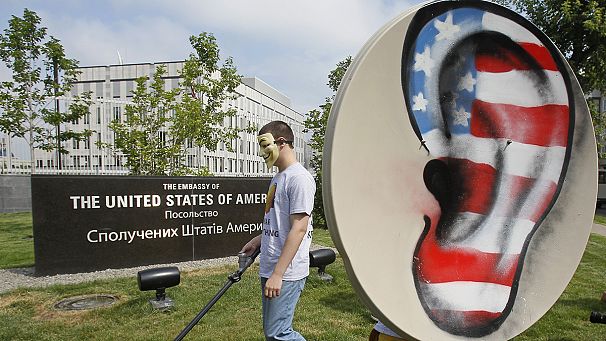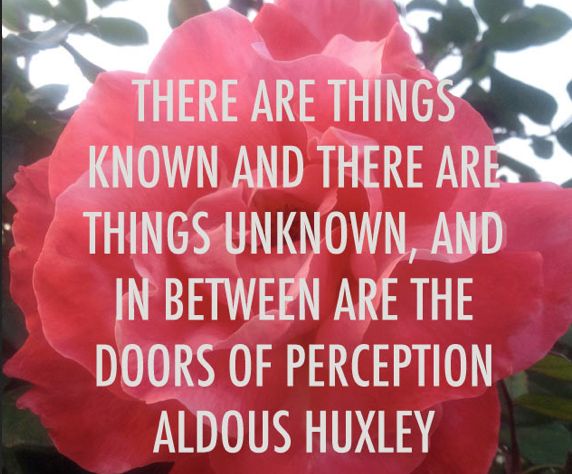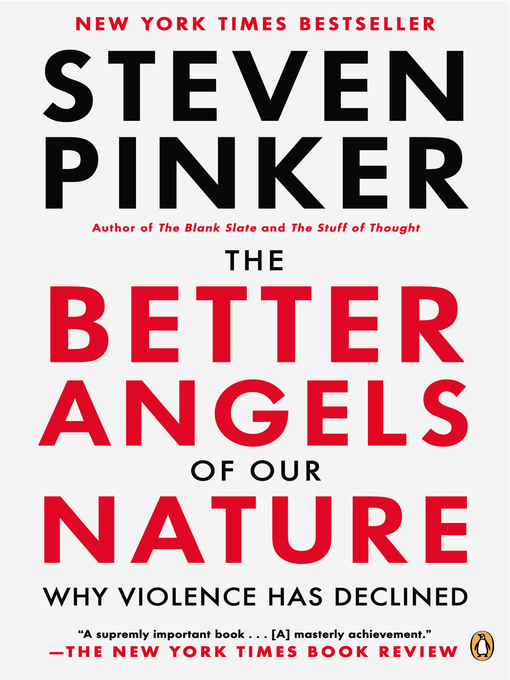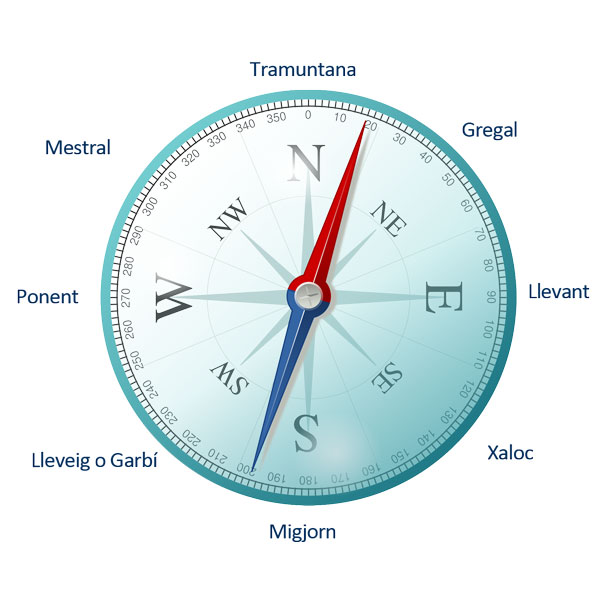Professor in the Department of Psychology
at Harvard University. He conducts research on language and cognition, writes for publications such as the New York Times, Time and The Atlantic, and is the author of ten books
It may have seemed like the world fell apart in 2016. Steven Pinker is here to tell you it didn’t. -link
“The world continues to improve in just about every way.”
Dec 22, 2016,
/cdn0.vox-cdn.com/uploads/chorus_asset/file/4132110/gun%20deaths%20vs%20other%20problems.jpg) J
J
- Julia Belluz - So 2016 has been an incredibly stressful and violent year from a news standpoint for many people. Do you have any advice for putting it in context?
/cdn0.vox-cdn.com/uploads/chorus_asset/file/4132110/gun%20deaths%20vs%20other%20problems.jpg) J
JSteven Pinker
Look at history and data, not headlines. The world continues to improve in just about every way. Extreme poverty, child mortality, illiteracy, and global inequality are at historic lows; vaccinations, basic education, including girls, and democracy are at all-time highs.
War deaths have risen since 2011 because of the Syrian civil war, but are a fraction of the levels of the 1950s through the early 1990s, when megadeath wars and genocides raged all over the world. Colombia’s peace deal marks the end of the last war in the Western Hemisphere, and the last remnant of the Cold War. Homicide rates in the world are falling, and the rate in United States is lower than at any time between 1966 and 2009. Outside of war zones, terrorist deaths are far lower than they were in the heyday of the Weathermen, IRA, and Red Brigades.
- Julia Belluz - One big thing that’s changed since we last spoke is the election of Donald Trump. We now have a president coming in who has said he wouldn’t defend America’s allies in NATO if we were attacked by a foreign power and who has strong links to Russia. His election came after Brexit. These really seem like threats to the global institutions that have likely helped sustain peace in recent years.
Steven Pinker
Several awful things happened in the world’s democracies in 2016, and the election of a mercurial and ignorant president injects a troubling degree of uncertainty into international relations.
But it’s vital to keep cool and identify specific dangers rather than being overcome by a vague apocalyptic gloom. Brexit may be regrettable, but it’s not going to lead to a war between the UK and Germany or France. A closeness to Russia is troubling in many ways, but it may reduce, rather than increase, the chance of a major war (so suggested the eminent peace researcher Nils Petter Gleditsch).
It’s easy to reach for historical analogies and speculate about Russian or Chinese imperial expansion, but as my colleague Graham Allison points out, you must consider the differences between current and past cases, not just similarities, and the differences are substantial.
- Julia Belluz - One of the other alarming aspects of Trump’s rise to power is that he won, in part, by inciting racist tendencies. We know minority groups are afraid that racist people are going to be empowered under Trump, and there's some discussion that there's already been an uptick in racial violence here. Are you concerned about gains in racial equality in the US unraveling?
Steven Pinker
Beware of headlines. And beware of statistics from advocacy organizations whose funding stream depends on stoking fear and outrage — I’ve learned that they can never be taken at face value.
There are reasons to doubt that we’re seeing a big post-Trump rise in hate crimes. Rates of hate crime tend to track rates of overall crime, and there was an uptick of both in 2015, before Trumpism.
Indeed, Trump capitalized on the crime uptick to sow panic about the state of the nation, and progressives foolishly ceded the issue to him. Moment-by-moment analyses of Google searches by the data scientist Seth Stephens-Davidowitz show that Islamophobia strongly tracks incidents of terrorism with Muslim perpetrators. So hate crimes will probably depend more on overall crime rates and — in the case of Islamophobic hate crimes — on terrorist attacks than on a general atmosphere created by Trump.
More generally, the worldwide, decades-long current toward racial tolerance is too strong to be undone by one man. Public opinion polls in almost every country show steady declines in racial and religious prejudice — and more importantly for the future, that younger cohorts are less prejudiced than older ones. As my own cohort of baby boomers (who helped elect Trump) dies off and is replaced by millennials (who rejected him in droves), the world will become more tolerant.
It’s not just that people are increasingly disagreeing with intolerant statements when asked by pollsters, which could be driven by a taboo against explicit racism. Stephens-Davidowitz has shown that Google searches for racist jokes and organizations are sensitive indicators of private racism. They have declined steadily over the past dozen years, and they are more popular in older than younger cohorts.
- Julia Belluz -Are you optimistic about the future?
Steven Pinker
I’ve never been “optimistic” in the sense of just seeing the glass as half-full — only in the sense of looking at trend lines rather than headlines. It’s irrational both to ignore good developments and to put a happy face on bad ones.
As it happens, most global, long-term trends have been positive. As for the future, I like the distinction drawn by the economist Paul Romer between complacent optimism, the feeling of a child waiting for presents, and conditional optimism, the feeling of a child who wants a treehouse and realizes that if he gets some wood and nails and persuades other kids to help him, he can build one. I am not complacently optimistic about the future; I am conditionally optimistic.
Read more with Pinker here.











